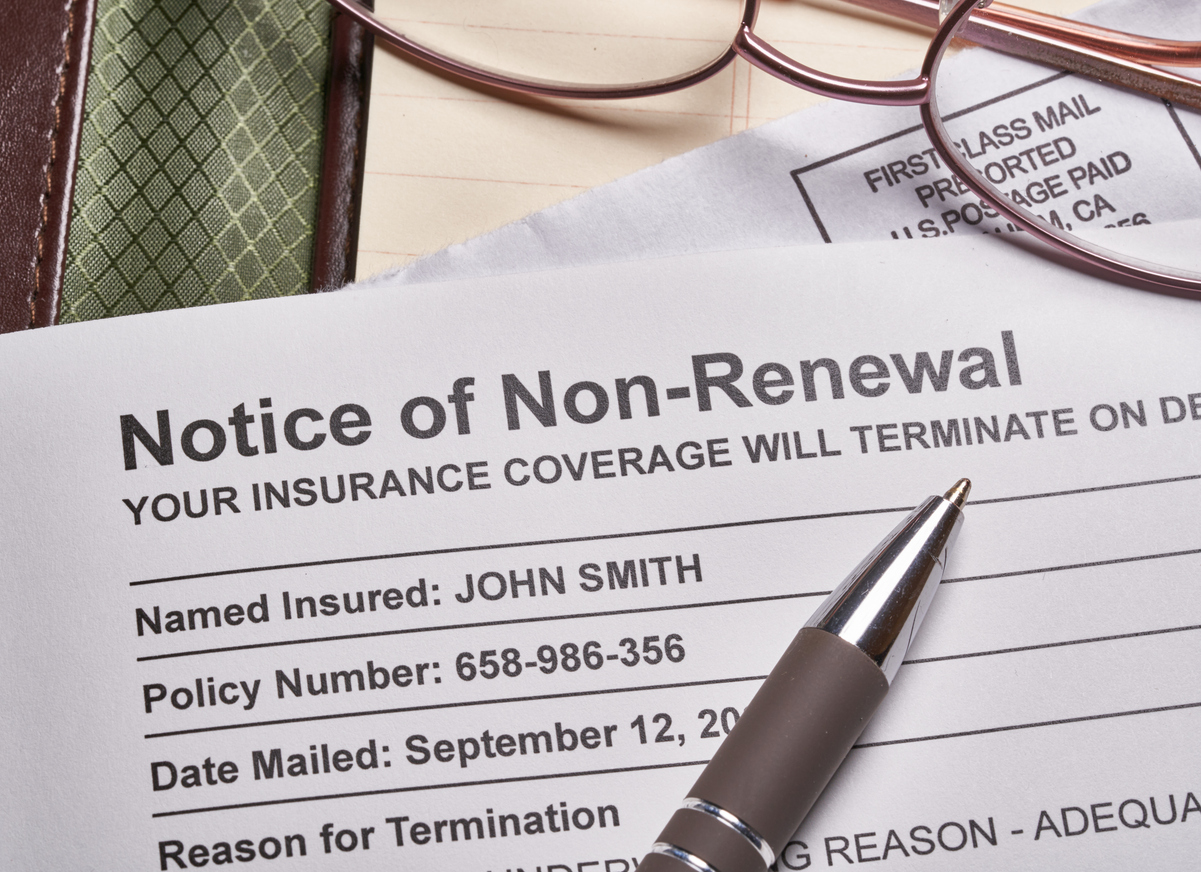In California, if a property insurance policy does not specifically require a collapse to be complete or actual falling down to trigger coverage, then an imminent (i.e., impending) collapse will probably trigger coverage.1
However, on the flipside, if a policy does specifically require a collapse to be “complete” or “actual” falling down, then an imminent collapse is not sufficient.2
Not all property insurance policies contain the exact same language. So whether an insurance policy requires a complete collapse, or whether an imminent collapse will be sufficient to trigger coverage cannot be answered without a careful analysis of the insurance policy and an investigation of the facts and circumstances.
Recently, I have seen claims where some insurers have denied collapse claims by taking the position that their insurance policies require complete collapse to trigger coverage, even though the policies do not specifically spell out that a “complete” collapse is required.
Importantly, in California if a policy provision is determined to be ambiguous because it is susceptible to more than one reasonable interpretation, courts will generally construe the ambiguous provision from the perspective of the insured’s objectively reasonable expectations.3 In other words, when a policy’s collapse provision is ambiguous, courts will generally read the provision in favor of the insured and in favor of coverage.
Therefore, if a property policy’s collapse coverage does not specifically spell out that a complete collapse is required, insureds and public adjusters should not simply take the carrier’s word that the policy requires a complete collapse, and that because a complete collapse has not happened, there is no coverage.
Instead, the entire insurance policy should be reviewed to evaluate whether the collapse provision is susceptible to a reasonable interpretation that something less than a complete collapse is sufficient to trigger coverage.
1 Doheny West Homeowners’ Assn. v. American Guarantee & Liability Ins. Co. (1997) 60 Cal.App.4th 400.
2 Rosen v. State Farm General Ins. Co. (2003) 30 Cal.4th 1070; Jordan v. Allstate Ins. Co.(2004) 116 Cal.App.4th 1206.
3 Jordan v. Allstate Ins. Co. (2004) 116 Cal.App.4th 1206.



